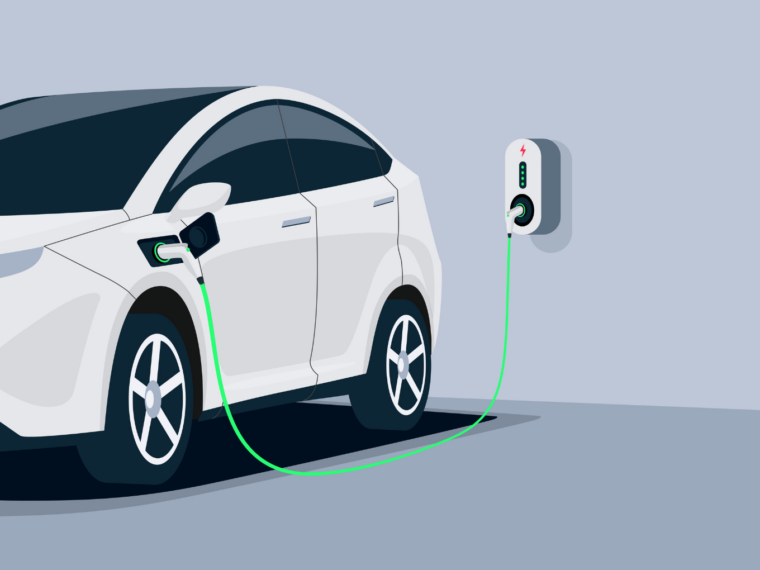
SUMMARY
The electric vehicle (EV) segment has emerged globally as one of the fastest-growing sectors attracting capital from varied sets of investors
The past few months have seen exponential growth in the transition from ICE to EVs, led by the EV 2W segment
Learn how founders can differentiate their startup in the EV space and grab an investor’s attention
The electric vehicle (EV) segment has emerged globally as one of the fastest-growing sectors attracting capital from varied sets of investors.
In the context of the domestic Indian market, the government has taken several steps to boost the manufacturing of EVs and EV powertrain components. The past few months have seen exponential growth in the transition from ICE to EVs, led by the EV 2W segment in particular.
It has indeed attracted lots of entrepreneurs who are out there to make their mark amidst the presence of giant OEMs. Below are some of the key areas that will differentiate a business within the EV space from an investor’s perspective.
EV Powertrain Design & Supply Chain Management
The core differentiation for new-age EV startups is demonstrating capabilities in the design of lithium batteries and other powertrain components customised for Indian conditions.
Companies that focus on R&D, especially related to battery and powertrain components will stand out and grab the attention of investors. The emphasis has to be on in-house design and development capabilities suited to local Indian conditions.
For instance, China has taken a substantial lead in the EV component manufacturing business. However, with the supply chain diversification strategy being pursued globally, Indian companies can aspire to be a global manufacturing hub for these components.
With a developed ICE market already in place, India has a good supply chain ecosystem for certain electrical and mechanical parts. However, for EVs, the ecosystem will have to be further developed as the key powertrain components don’t have an established supply ecosystem.
The core engineering strength has to be demonstrated through a sustained on-road performance of the entire powertrain at a larger volume. Companies that achieve this, can establish strategic partnerships and can drive cost leadership which is critical to scale up a robust, sustainable and profitable business model.
Importance Of An After-Sales Service Network
In the traditional auto industry, after-sales service is a large business and a wider network of availability of spares and technicians is the key strength ensuring the highest uptime for the vehicles.
In a similar context, EV OEMs also need to demonstrate a strong dealership network which not only offers a delightful purchase experience for the customers at the showroom but is also backed by a strong service network with adequate capabilities to handle all types of components at the workshop to minimise TAT.
This is crucial for a better brand experience which in turn will drive customer loyalty at both company and dealership levels. Companies should take meticulous care in onboarding the dealers and training them to ensure that the highest levels of customer satisfaction can be achieved through the delivery of the best sales and after-sales experience to their customers.
Network & Channel Expansion
Dedicated dealership networks should convey the brand story in a positive light and should offer a delightful purchase experience to the end customers.
The business model has to sustain good ROI for the dealers and show sustainability in terms of both profitability and cash flow generation. Being profitable at both OEM and dealership levels will become a critical differentiator for long-term sustainability.
Investors will now look at companies that can aim at being profitable and then can scale up without sacrificing the bottom line.
Moreover, with the ever-changing policy landscape, EV businesses should aim to be neutral to government subsidies for larger-scale growth as this reduces the regulatory risk that is normally associated with a nascent industry.
In terms of other growth prospects, export markets provide a great opportunity to expand the presence and diversify the geographical risk. South East Asia, Middle East, Latin America and African markets have been great growth markets for the existing ICE OEMs and will provide a similar growth runway for the EV companies as well.
Product Development Strategy
The product pricing and features offered are very important aspects for the cost-conscious Indian consumer.
The average Indian prospective EV 2W customer is looking to buy a quality product at an affordable price. Reliability and affordability will create a distinct and strong brand image for EV 2W OEMs.


























